RAWALPINDI: After failing to get kits for screening hepatitis B and C from the Punjab caretaker government, Local Hepatitis Elimination and Prevention (LHEAP) programme resumed screening in four union councils after acquiring them from philanthropists.
The LHEAP programme stopped screening of hepatitis on Oct 14 after getting no response from the provincial government about the kits. It then contacted philanthropists who donated the kits for screening hepatitis in four union councils.
The programme was launched by the District Health Authority in Rawalpindi in July in collaboration with the Coalition for Global Hepatitis Elimination.
Four union councils of Rawalpindi – Khayaban-i-Sir Syed-I, Khayaban-i-Sir Syed-2, Satellite Town and Saidpur Road – were targeted with the support of an American organisation, Task Force for Global Health. Under the programme, hepatitis tests were conducted at the doorsteps, people were vaccinated and patients were provided treatment free of cost.
According to an estimate, the programme has to cover more than 150,000 population in four union councils of Rawalpindi which had been declared high-risk areas due to high prevalence of hepatitis among its inhabitants. The relevant authorities had also planned to expand the jurisdiction of the programme to the entire Rawalpindi district.
When contacted, Head of Local Hepatitis Elimination and Prevention Programme Dr Anser Ishaq said screening of hepatitis had resumed two days ago.
He admitted that two philanthropists had provided kits, but said the provincial caretaker government would also be providing the kits in a week.
Dr Ishaq said the provincial department of primary and secondary healthcare had informed that it would get kits after completing the tendering process in a few days following which they would be supplied to the tehsil headquarters hospitals across the province, including the hepatitis free programme in the garrison city.
He said screening of new patients had been stopped but vaccination and treatment of patients was continuing and patients detected from July 10 till date were being provided medicines free of cost.
“As many as 17,587 people received vaccination from July 10 to November 4. A total of 32,913 people have so far been tested out of which 669 had Hepatitis C while 150 people were affected by Hepatitis C. As many as 12 people had both hepatitis B and C while seven pregnant women had the virus,” he said.
Dr Anser Ishaq said under the programme, treatment of patients would start after laboratory tests of liver function were conducted, adding that medication would be provided free of cost till the patient got healthy.
Published in Dawn, November 6th, 2023

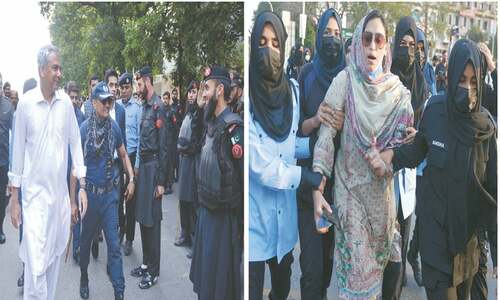












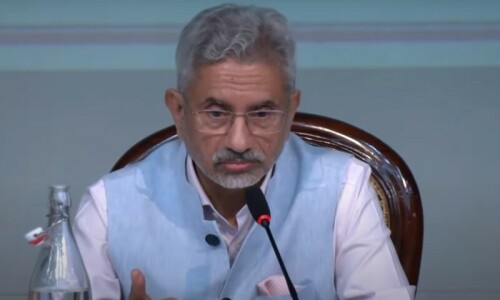
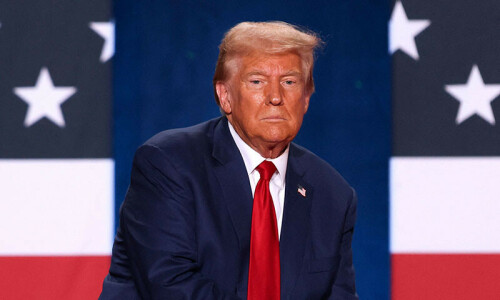






















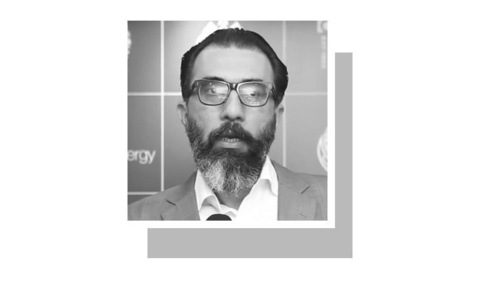
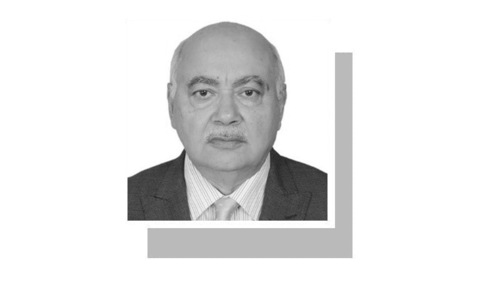
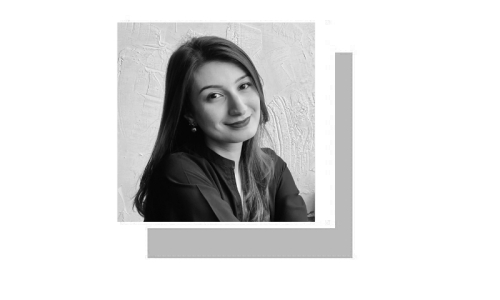
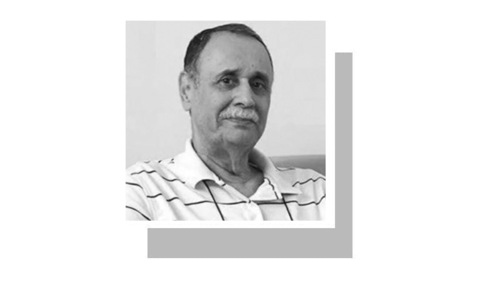




Dear visitor, the comments section is undergoing an overhaul and will return soon.